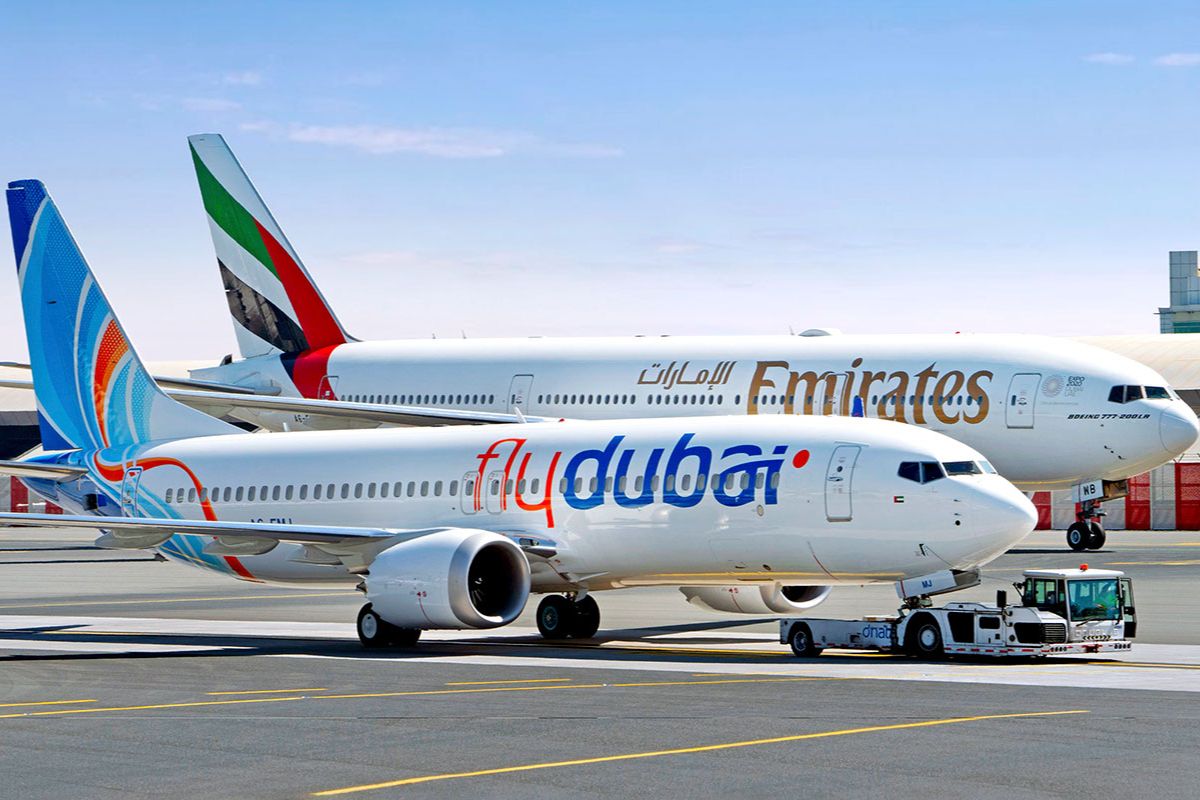
What are air traffic rights? Air traffic rights, also known as freedoms of the air, are agreements that allow airlines to enter and land in another country's airspace. These rights are crucial for international travel and trade, ensuring that planes can fly between countries without unnecessary restrictions. There are nine recognized freedoms, each with specific permissions. For example, the first freedom allows an airline to fly over a foreign country without landing, while the fifth freedom lets an airline pick up passengers in one foreign country and drop them off in another. Understanding these rights helps explain how global air travel operates smoothly.
Key Takeaways:
- Air traffic rights are like special permissions for airlines to fly to and from different countries. They have different "freedoms" that allow airlines to do things like fly over a country without landing or carry passengers between foreign countries.
- Some air traffic rights go beyond basic commercial operations, allowing airlines to do things like operate flights between two foreign countries without returning to their home country or carry passengers within a foreign country. These rights are important for international air travel and trade.
What Are Air Traffic Rights?
Air traffic rights, also known as freedoms of the air, are a set of commercial aviation rights granting a country's airlines the privilege to enter and land in another country's airspace. These rights are essential for international air travel and trade.
-
First Freedom: The right to fly over a foreign country without landing. This allows airlines to take the most direct route to their destination, saving time and fuel.
-
Second Freedom: The right to land in a foreign country for technical reasons, such as refueling or maintenance, without picking up or dropping off passengers or cargo.
Commercial Air Traffic Rights
Commercial air traffic rights are crucial for airlines to operate international flights. These rights determine how airlines can transport passengers and cargo between countries.
-
Third Freedom: The right to carry passengers or cargo from the airline's home country to another country. This is a fundamental right for international airlines.
-
Fourth Freedom: The right to carry passengers or cargo from a foreign country back to the airline's home country. This complements the third freedom, allowing round-trip services.
-
Fifth Freedom: The right to carry passengers or cargo between two foreign countries, provided the flight originates or ends in the airline's home country. This allows airlines to offer more flexible and competitive routes.
Beyond Basic Rights
Some air traffic rights go beyond basic commercial operations, allowing airlines to expand their networks and offer more services.
-
Sixth Freedom: The right to carry passengers or cargo between two foreign countries via the airline's home country. This enables airlines to act as intermediaries, connecting different regions.
-
Seventh Freedom: The right to operate flights between two foreign countries without returning to the airline's home country. This is less common but allows airlines to establish bases in other countries.
-
Eighth Freedom: Also known as cabotage, this right allows an airline to carry passengers or cargo within a foreign country. Most countries restrict this right to protect their domestic airlines.
Special Considerations
Certain air traffic rights are subject to special agreements and considerations, reflecting the complexities of international aviation.
-
Ninth Freedom: The right to operate domestic flights within a foreign country without any connection to the airline's home country. This is extremely rare and usually requires specific bilateral agreements.
-
Open Skies Agreements: These agreements between countries allow airlines to operate with fewer restrictions, promoting competition and increasing options for travelers. They often include multiple freedoms of the air.
-
Bilateral Air Service Agreements: These agreements between two countries outline the specific air traffic rights granted to each other's airlines. They are essential for establishing and maintaining international air routes.
Final Thoughts on Air Traffic Rights
Air traffic rights shape how airlines operate globally. These rights, often called "freedoms of the air," dictate routes, destinations, and even the number of flights. Understanding these rights helps travelers grasp why certain flights exist or why some routes are unavailable. For airlines, these rights are crucial for planning and expanding services. Governments negotiate these rights through bilateral or multilateral agreements, balancing national interests with global connectivity. As air travel continues to grow, these rights will evolve, impacting both passengers and airlines. Staying informed about air traffic rights can enhance your travel experience and provide insight into the complex world of aviation. Whether you're a frequent flyer or just curious, knowing these facts can make your next trip more interesting. Keep these points in mind next time you book a flight, and you'll appreciate the intricate dance of international air travel.
Frequently Asked Questions
Was this page helpful?
Our commitment to delivering trustworthy and engaging content is at the heart of what we do. Each fact on our site is contributed by real users like you, bringing a wealth of diverse insights and information. To ensure the highest standards of accuracy and reliability, our dedicated editors meticulously review each submission. This process guarantees that the facts we share are not only fascinating but also credible. Trust in our commitment to quality and authenticity as you explore and learn with us.


